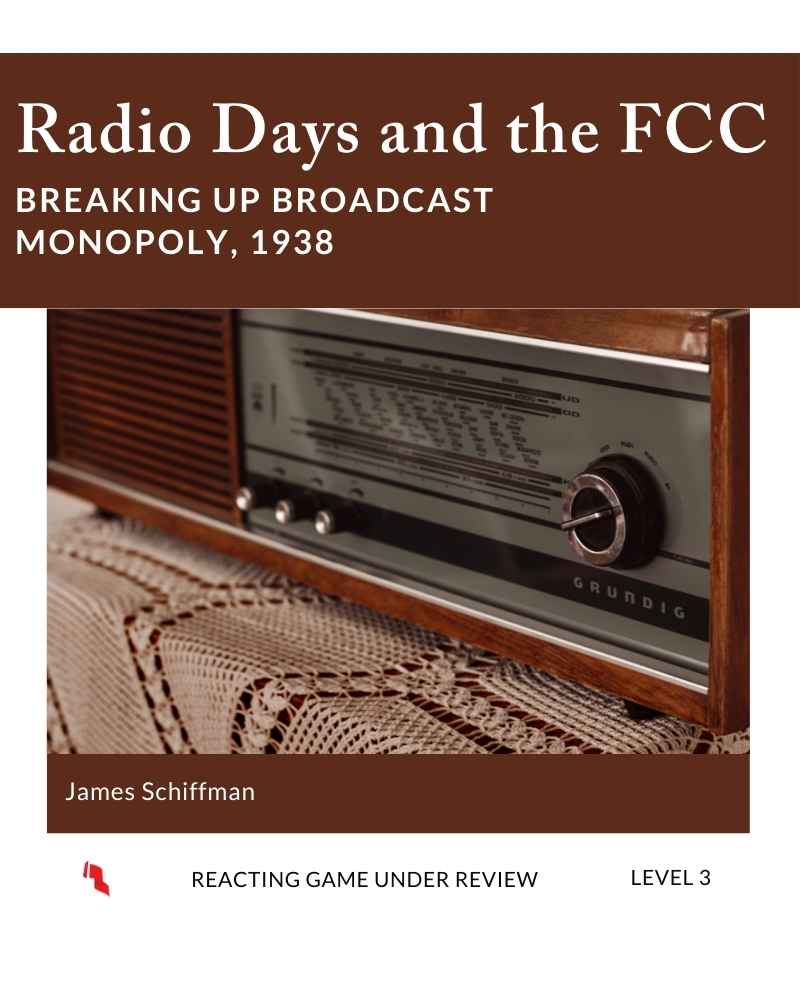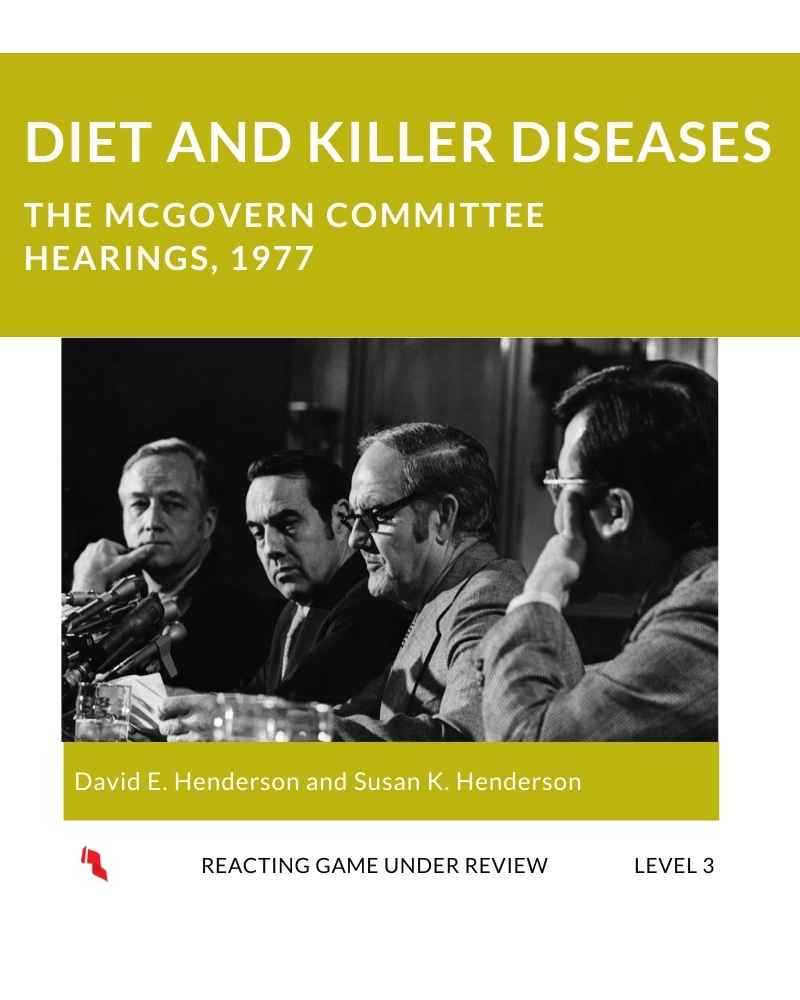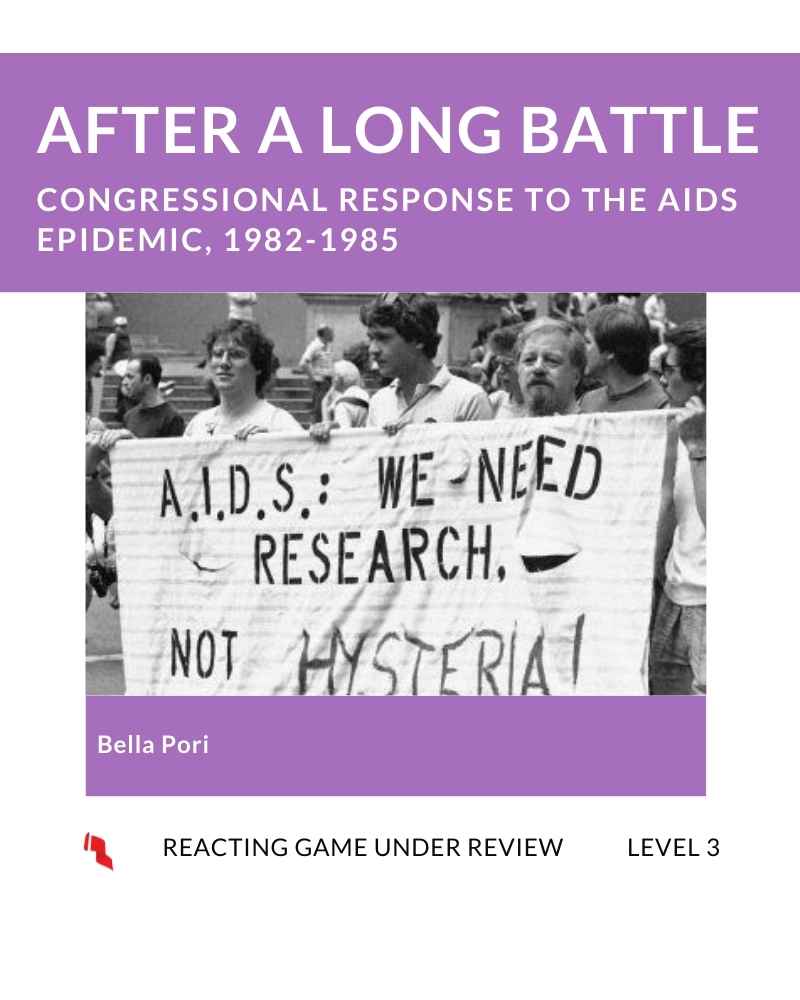 |
RADIO DAYS
Radio Days and the FCC: Breaking up Broadcast Monopoly
by James Schiffman
 Play this game recently? | What kind of radio landscape would serve the public interest? It is the fall of 1938 and the Federal Communications Commission is holding hearings on what to do about the perceived monopoly power that the major radio networks – NBC and CBS – exercise over their affiliated stations. Infused by New Deal ideals, some members of the Commission want to fundamentally reshape and democratize the radio industry, but others are wary of further regulation from Washington. Many stakeholders will testify at the hearing: NBC and CBS executives; representatives of regional networks who have a love-hate relationship with the big networks; progressives who seek a variety of reforms. Students take on roles of FCC commissioners, radio network executives, independent business people, representatives of public interest groups, journalists who cover the hearings, and President Roosevelt, who is an observer at the hearings but plays a behind the scenes role. Game sessions involve witnesses taking testimony on a series of six questions before the Commission. Debate culminates with a final, decisive vote on all the six issues during the final hearing session. Students wrestle with profound questions that have long animated American politics and government: what is the proper role of the federal government in economic and social life? How much regulation does the free market need to function fairly and efficiently? What role should the government play in promoting the public interest? This is a Level 3 game that is still under development but has been approved by the Reacting Editorial Board (REB) for general use. A detailed explanation of the editorial process and game levels can be found on our REB Page. |
Details
|
Using the Game
Class Time Assignments The assignments can be adjusted to fit the desired learning outcomes of your class. This game can include traditional paper/research/thesis-driven writing and journalism. Not all roles are required to give formal speeches. |
 GAME MATERIALS
GAME MATERIALS
Reacting Consortium members can download all game materials below. You will be asked to sign in before downloading.
Please Fill out the Permissions Request Form Before Using Radio Days in Your Class!
Gamebook All students need a Gamebook, which includes resources and historical content. Members can download the Gamebook, and provide it to students for free or at cost. VERSION 1.0. Updated May 2019. .docx file. | Instructor's Manual The Instructor's Manual includes guidance for assigning roles, presenting historical context, assignments, activities and discussion topics, and more. VERSION 1.0. Updated May 2019. .docx file. | Role Sheets and Handouts Students also need a Role Sheet, which contains biographical information, suggestions for further reading, and role-specific info or assignments. .docx file. .zip file of .pdf files. |
James Schiffman
James Schiffman teaches journalism, media history, and media analysis at Georgia College & State University. Before moving into education almost a decade ago, he had a long career in journalism, with stints with United Press International, The Asian Wall Street Journal, The Wall Street Journal, and CNN. | Reacting and Related Titles
|
Reviews
"Although I’m not familiar with Dr. Schiffman’s field (Journalism and Communications), it seems that the game is written broadly enough that it could be used in a variety of other disciplines and courses (general 20th century American History, Political Theory, even Baseball or Sports History – although an instructor using it for that purpose would have to do some supplementing with outside sources and additional roles)." | "It's a good topic that will help students understand how broadcasting works and a sense of how it can be manipulated (timely when confronting the present). It also provides a game for the more modern period that can be used in American History as well as communications classes or even Gen Civ classes that have a section on more recent American issues. There are also nice devices within the game play like the fireside chats." |
Members can contact game authors directly if they have questions about using the game. We also invite instructors join our Facebook Faculty Lounge, where you'll find a wonderful community eager to help and answer questions.
|
|
|


